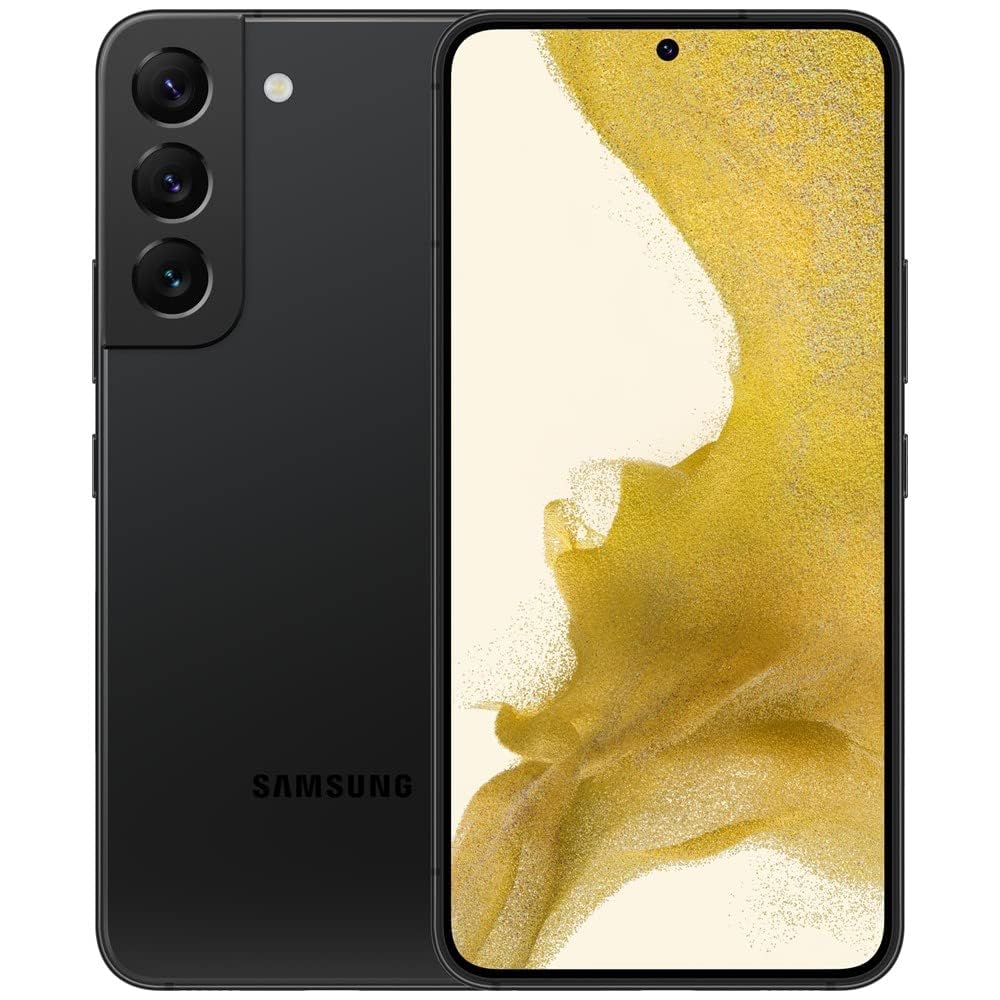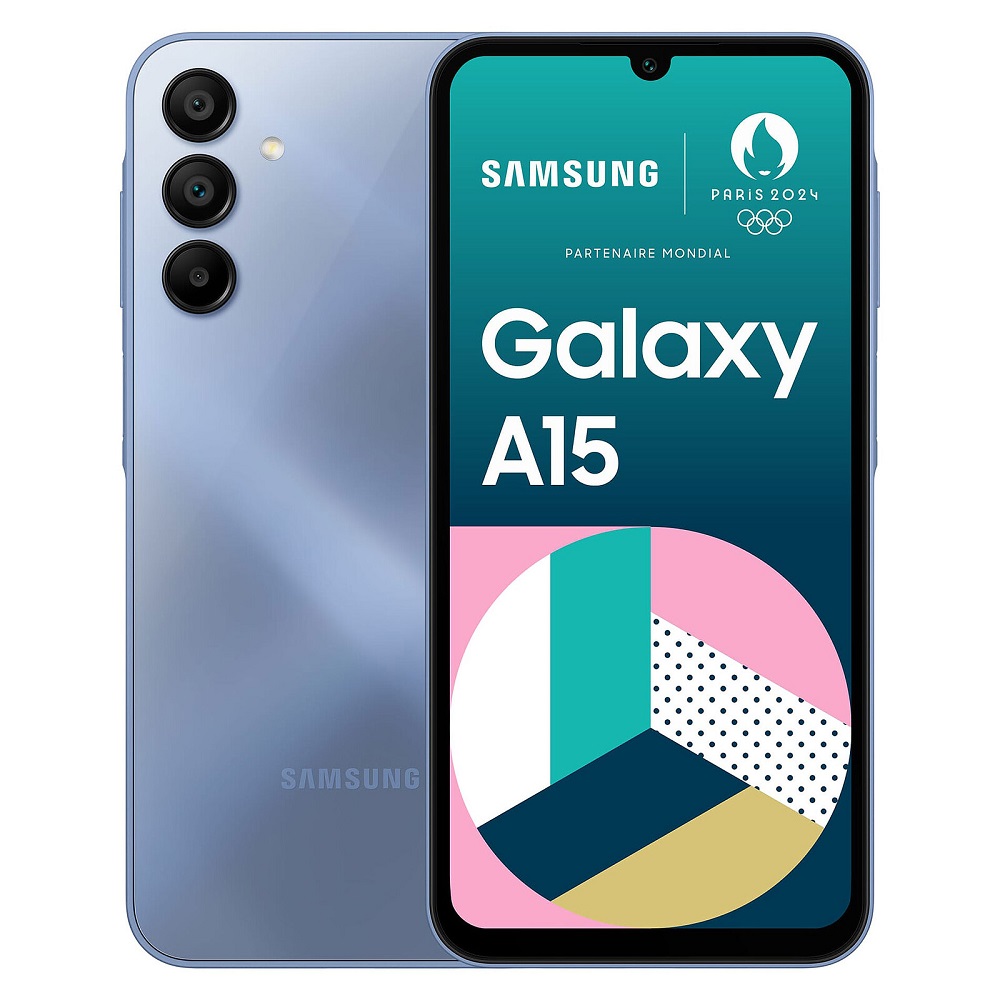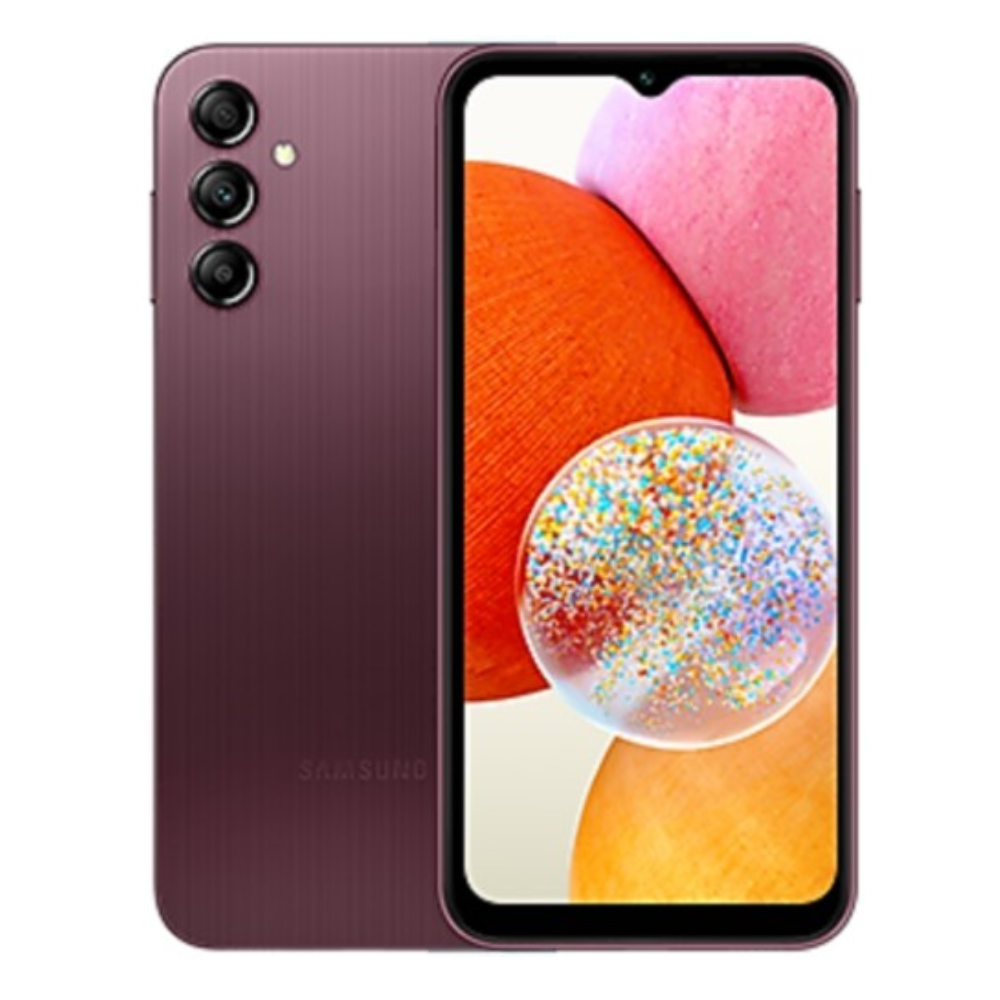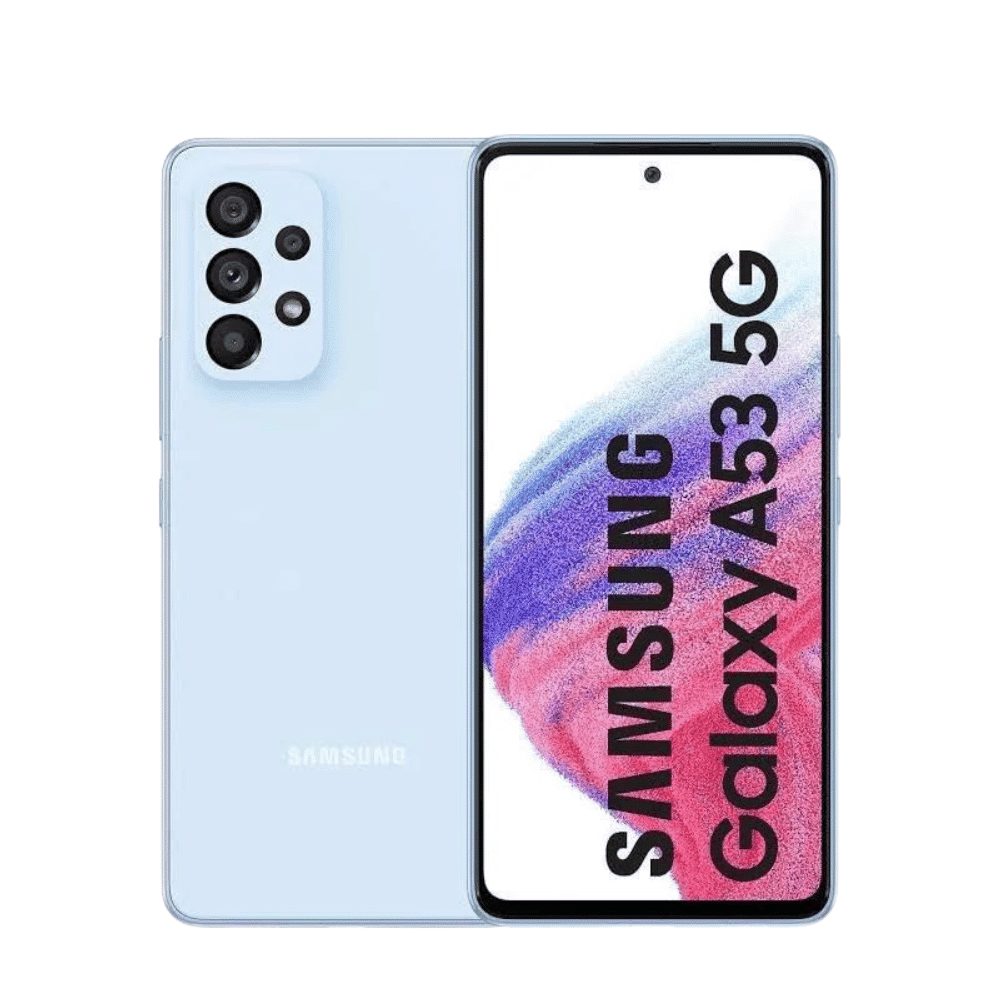In the rapidly evolving world of smart technology, voice assistants like Bixby and Siri have carved out significant niches within our daily routines. With increasing reliance on these tools for various tasks, understanding their features, capabilities, and limitations becomes essential. Samsung’s Bixby and Apple’s Siri are two of the leading voice assistants available today. Does Samsung have Siri? This article delves into a detailed comparison of Bixby and Siri, examining their functionalities, strengths, weaknesses, and the environments in which they shine. By the end, you will have a clearer understanding of which voice assistant may suit your lifestyle or preferences best.
What is Bixby?
Overview of Bixby
Bixby is Samsung‘s voice assistant, unveiled in 2017. It was designed to integrate seamlessly with Samsung’s hardware and software ecosystem, including smartphones, tablets, smartwatches, and smart home devices. Unlike traditional voice assistants, Bixby can complete complex tasks through voice commands. It aims to provide users with a richer, more context-aware experience, emphasizing the importance of visual elements. Bixby not only processes spoken commands but also utilizes visual recognition to enhance user interactions.
Key Features of Bixby
Bixby consists of several components, each tailored to assist users in specific contexts. Bixby Vision allows users to identify objects, translate text in real-time, or shop for products with ease. Meanwhile, Bixby Routines personalizes the user experience by automating tasks based on user habits. By learning preferences over time, Bixby can suggest actions or create routines that fit seamlessly into daily life. This increased versatility often makes Bixby a valuable tool for Samsung users, enhancing their overall experience with the brand.

What is Siri?
Overview of Siri
Siri, Apple’s voice assistant, debuted in 2011 and paved the way for the voice-controlled technologies that followed. Known for its natural language processing capabilities, Siri can execute various commands and queries using conversational language. Siri operates across Apple’s ecosystem, including iPhones, iPads, Macs, and home devices like the HomePod. Its integration into these devices provides a consistent and user-friendly experience.
Key Features of Siri
Siri shines in its ability to perform tasks such as sending messages, placing calls, setting reminders, and answering questions. It can also interact with third-party applications and smart home devices to control lights, thermostats, and more. One of Siri’s trademarks is its impressive understanding of context. It can follow up on prior commands without needing repeated context, making it feel more like a natural conversation. As a result, Siri maintains a loyal user base thanks to its accessibility and broad range of functions.
Voice Recognition and Natural Language Processing
Bixby’s Approach
Bixby offers an engaging voice recognition experience, understanding various accents and dialects thanks to advanced machine learning algorithms. Its focus on context plays a pivotal role in interpreting user intent. Bixby often allows for multi-step commands, enabling users to accomplish more complex tasks with fewer interruptions. For example, a user could request, “Take a picture and send it to my friend,” and Bixby would execute both actions in a sequence.
Siri’s Strengths
While Bixby excels in contextual understanding, Siri shines in natural language processing. Siri can handle casual conversations and follow-up questions effectively, which makes it feel more relatable and human-like. For instance, if you ask Siri, “What’s the weather like today?” and then follow up with, “And how about tomorrow?” Siri understands the context and responds accurately without needing additional details. This conversational ability encourages users to feel more comfortable interacting with Siri.

Device Integration and Compatibility
Bixby within Samsung’s Ecosystem
Bixby is deeply integrated into Samsung devices. Users appreciate the ease of controlling device settings, such as screen brightness or Wi-Fi connectivity, through voice commands. Beyond smartphones, Bixby also extends its capabilities to manage smart home devices, including Samsung SmartThings. Users can control home appliances, security systems, and more, all through Bixby. This synergy across devices highlights Samsung’s commitment to creating an interconnected ecosystem.
Siri and Apple’s Ecosystem
Siri demonstrates its strength through its seamless integration with Apple’s ecosystem. The voice assistant connects easily to various devices, from iPhones and iPads to Macs and the Apple Watch. Its compatibility extends to Apple’s HomeKit, allowing users to control a variety of smart home devices using voice commands. Siri’s integration helps create a cohesive experience, making it simple to perform tasks across multiple devices without hassle. This continuity encourages users to invest further in Apple’s ecosystem.
Customizability and Personalization
Bixby’s Customization Options
Bixby offers users various customization features. The Bixby Routines functionality allows users to create personalized routines tailored to their preferences and habits. Users can set specific triggers, such as location or time, that initiate various actions. For example, one could create a routine to turn on the lights and adjust the thermostat when arriving home. This level of customization enhances user interaction, making Bixby feel more personal and responsive to individual needs.
Siri’s Personalization Features
Siri also provides users with personalization options, primarily through Siri Shortcuts. This feature enables users to create quick access to specific functions and automate tasks. By programming phrases or shortcuts, users can streamline their interactions with Siri, making it easier to perform repetitive tasks. Additionally, Siri learns user preferences over time, adapting its suggestions based on frequently used settings and patterns, thus enhancing the overall experience.
Privacy and Security Considerations
Bixby’s Security Measures
Samsung takes user privacy and security seriously. Bixby offers features to protect user data, ensuring that voice commands remain secure. Users can manage their voice data settings and choose whether or not to share information with Samsung. Furthermore, Bixby integrates with Samsung’s Secure Folder, allowing users to protect sensitive information. These robust security measures help build user trust, secure personal data, and foster confidence in using Bixby.
Siri’s Approach to Privacy
Siri also places a strong emphasis on user privacy. Apple markets its commitment to privacy as a core value, ensuring that user data is encrypted and not stored longer than necessary. Siri processes the majority of requests directly on the device, minimizing third-party access to sensitive information. Users can also view and manage their Siri interaction history, maintaining control over their data. Apple’s strong focus on privacy builds loyalty among users concerned about data security in an increasingly interconnected world.

Limitations and Drawbacks
Challenges with Bixby
Despite its advantages, Bixby does have limitations. Users have reported that Bixby can struggle with more complex queries, particularly if they require references beyond the device’s immediate environment. While Bixby excels in executing commands using Samsung devices, its performance may not be as robust with third-party applications. This limitation can hinder user experience, especially for those who rely on diverse applications across their devices.
Siri’s Restrictions
On the other hand, Siri, while capable, can sometimes provide less personalized results compared to Bixby’s context-aware approach. Some users have experienced challenges when trying to set up complex commands or when Siri misunderstands context or intent. Additionally, while Siri operates well within the Apple ecosystem, it can face challenges when integrating with external applications or products not developed by Apple. Users seeking extensive customization or control may find limitations in Siri’s capabilities in this area.
Choosing the Right Assistant for You
In comparing Bixby and Siri, it’s evident that both voice assistants bring unique strengths to the table. Bixby shines in its deep integration within Samsung’s ecosystem, offering context-aware commands and task automation. Its customization options and smooth compatibility with smart devices provide a flexible experience for Samsung users. On the other hand, Siri excels in natural language processing and seamless integration across Apple devices. Its focus on privacy and the ability to handle casual conversations add to its appeal for many users.
When choosing between Bixby and Siri, consider your current device ecosystem, your needs for home automation, and how you prefer interacting with your voice assistant. As smart technology continues to evolve, both Bixby and Siri will likely adapt and improve, developing features that further enhance user experiences. By understanding their capabilities and limitations, you can make a more informed decision and select the voice assistant that fits perfectly into your lifestyle. Ultimately, both Bixby and Siri represent the ever-growing advancements in voice technology, aiming to make our lives more efficient and enjoyable.
